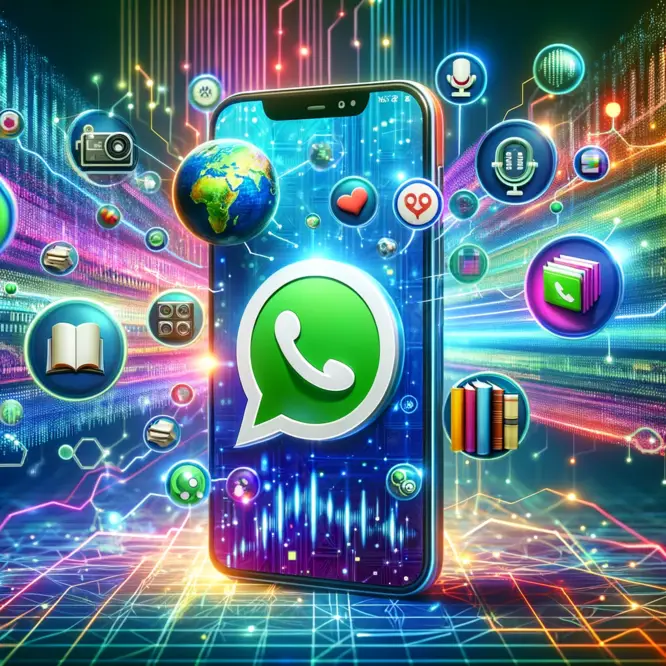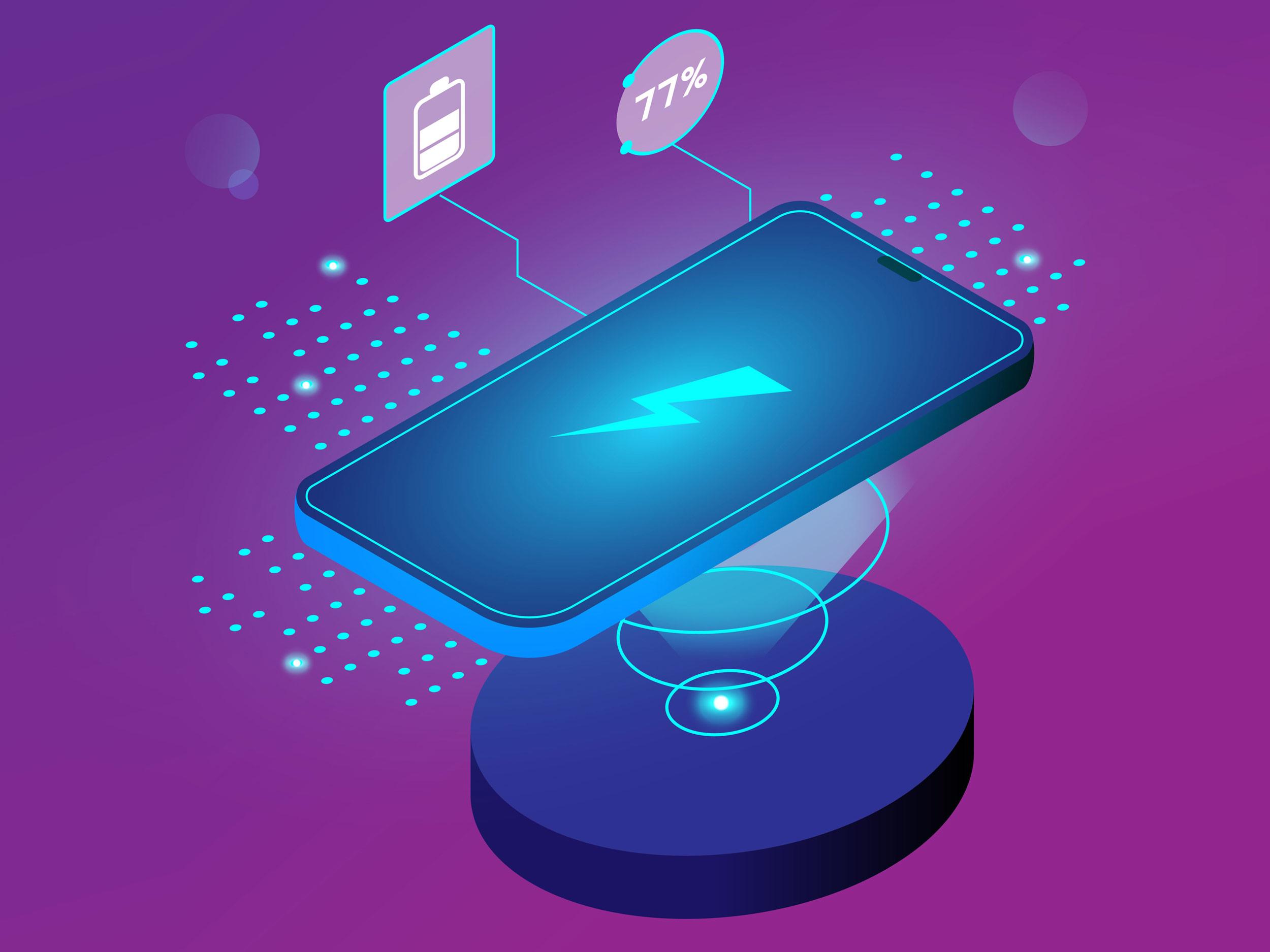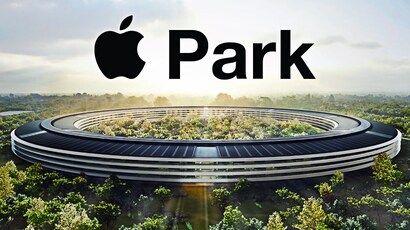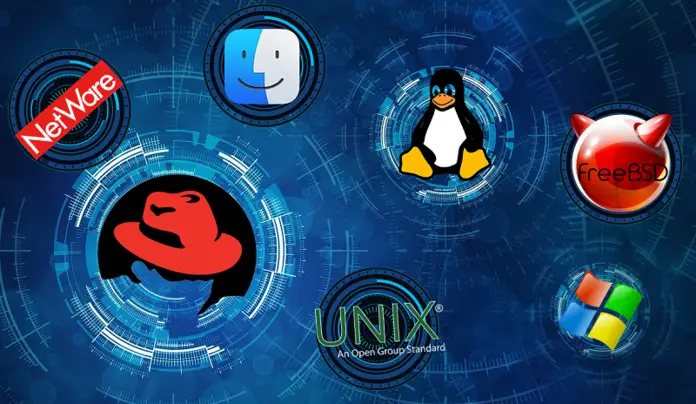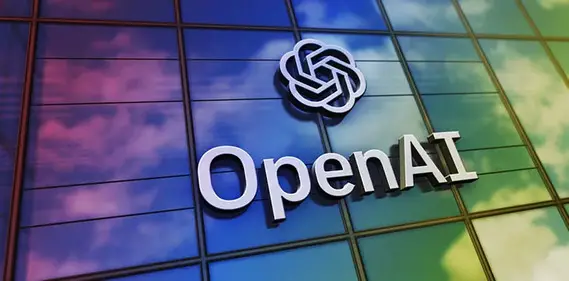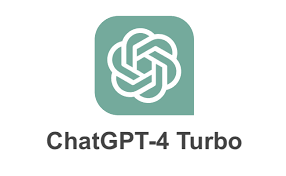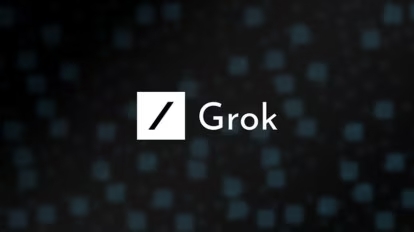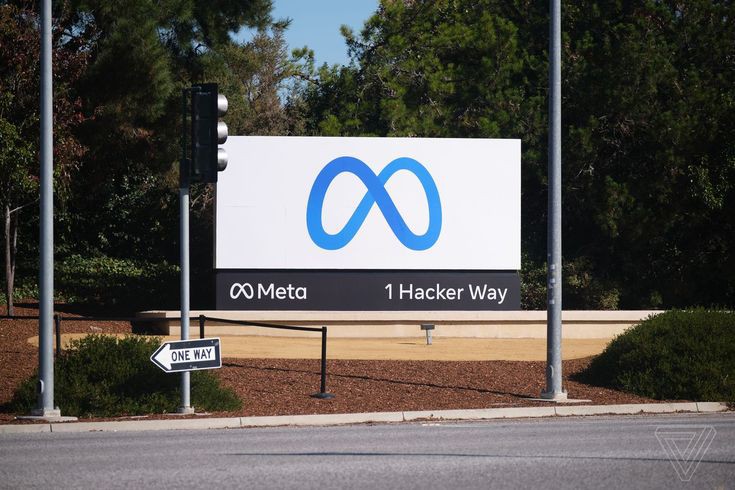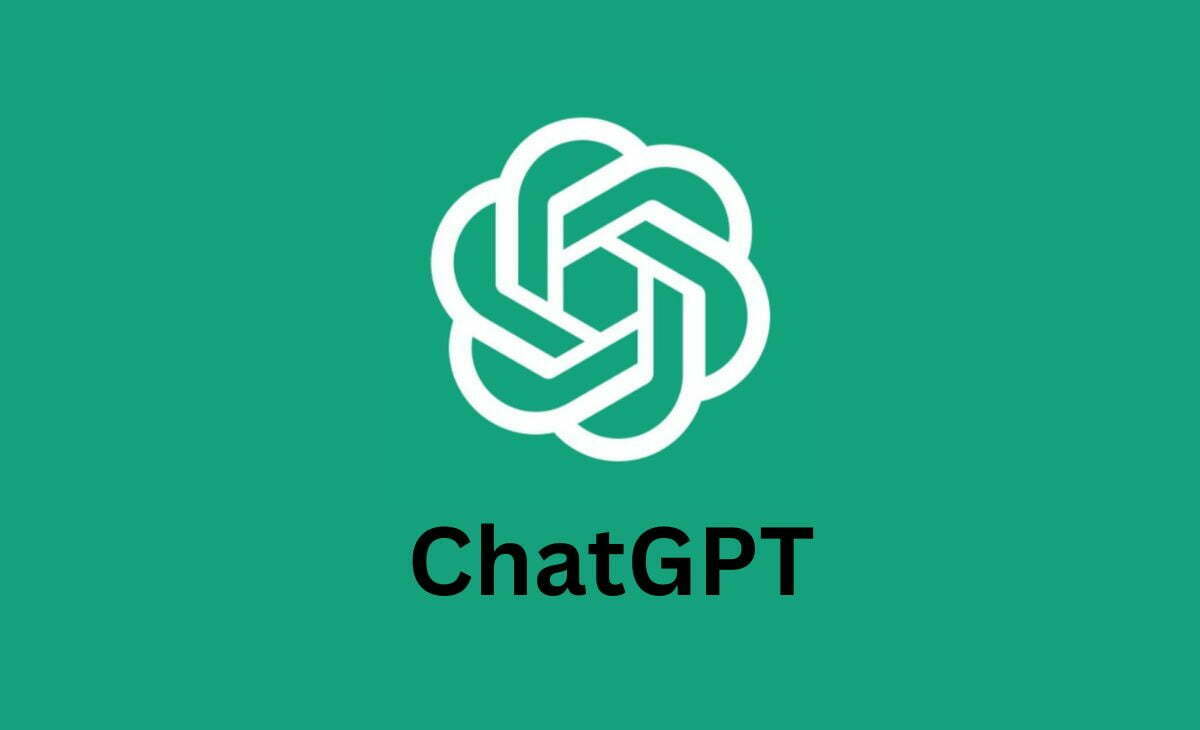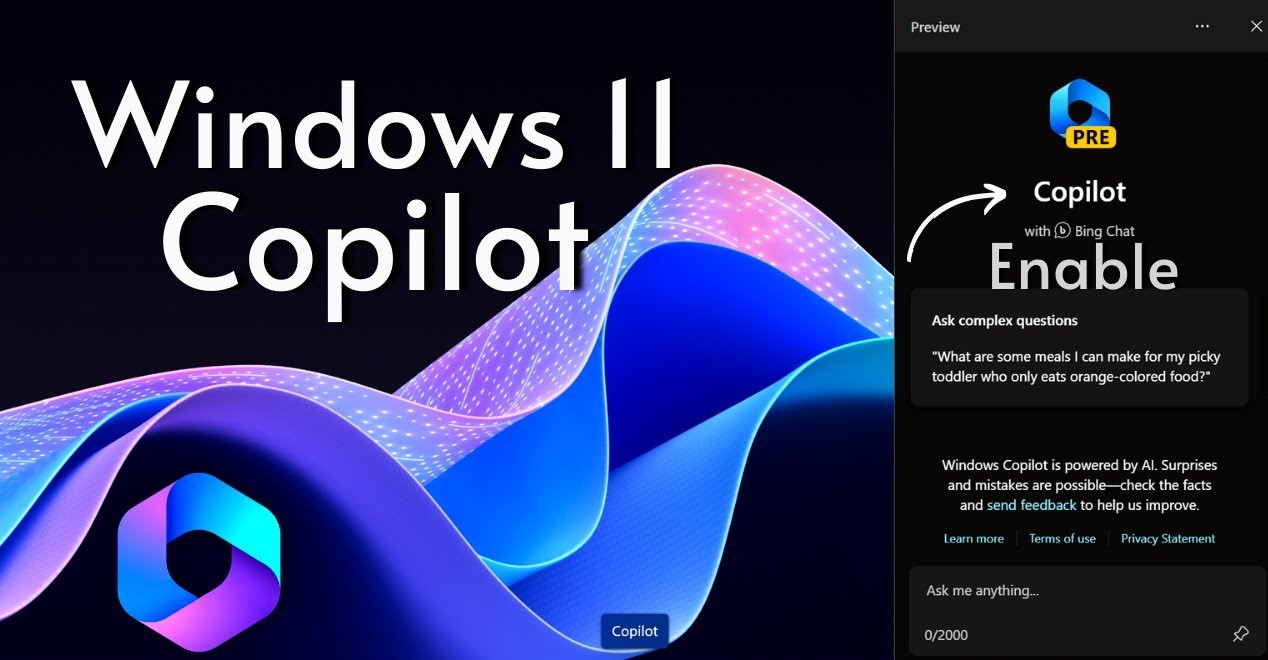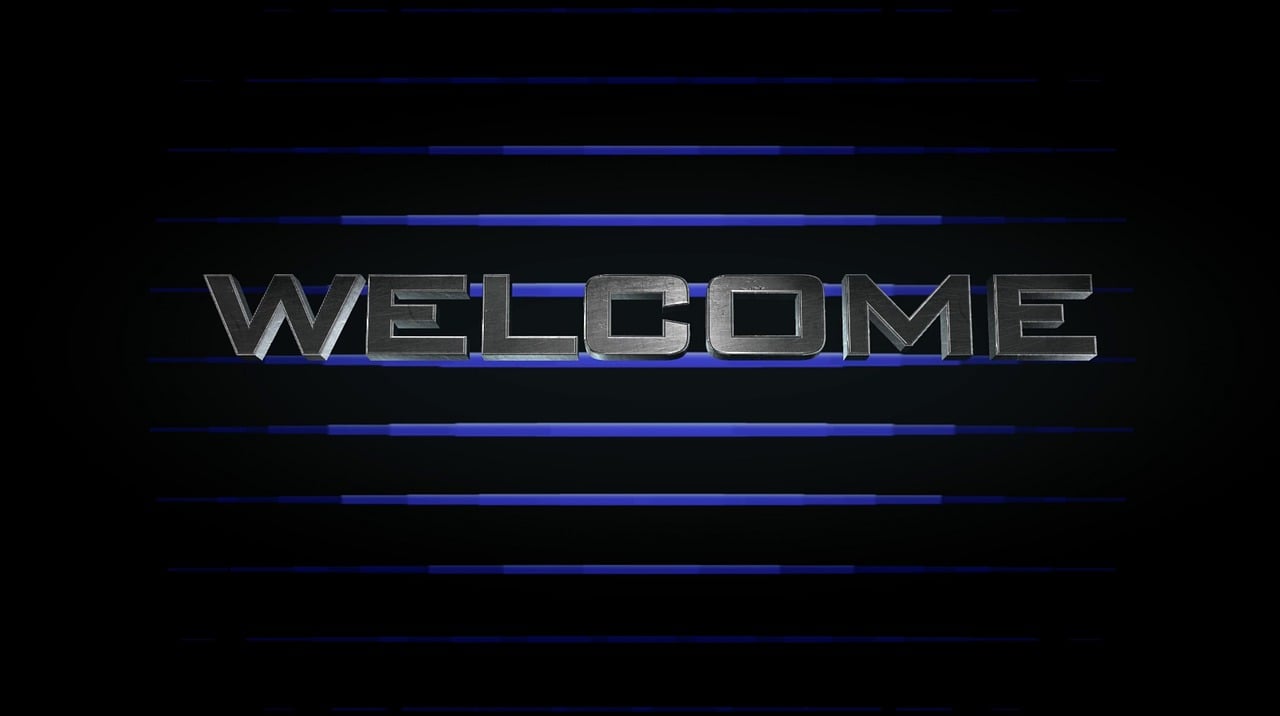Choosing the Right Programming Language: A Guide for Developers
By Vinius M Muthii | October 06, 2023
When venturing into software development, one of the most critical decisions you'll make is choosing the appropriate programming language. Software development encompasses various categories, each supported by a range of programming languages. These languages serve as the grammatical rules for instructing computers to perform specific tasks. To achieve the desired results, it's essential to apply these rules correctly and purposefully.
In this article, we'll explore ten widely-used programming languages in detail, discussing their background, functionalities, and user experiences.
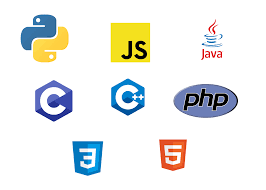
Understanding Project Requirements
Before embarking on any project, it's crucial to understand its specific needs and objectives. The project's scope, whether it's a web application, mobile app, or something else entirely, along with its intended functionality and target audience, can provide valuable insights.
The next step is selecting the right programming language to build and execute your project effectively.
Let's delve into some of today's most popular programming languages and understand how they can be leveraged for your ideal project.
1. Python
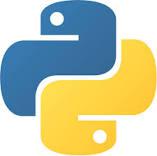
Python is currently the most widely used programming language, and it is distinguished by simple, easy-to-read syntax. It is a versatile, high-level, general-purpose language supporting various programming paradigms, including procedural, object-oriented, and functional programming.
Python is useful for many applications, including web development, data analysis, machine learning, automation, and scientific computing, thanks to its extensive standard library. As a result of its sizable and vibrant community, there are several third-party libraries and frameworks, great support, and substantial documentation available for it.
Python is an excellent choice for beginners due to its wide range of applications and straightforward syntax.Start learning Python today.
2.JavaScript
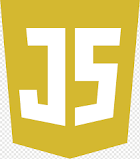
Although JavaScript was initially created for web browsers, it has now evolved into a flexible language that can be used for both client-side and server-side applications. The usability, responsiveness, and interactivity of web applications are greatly enhanced with JavaScript. It supports functional, object-oriented, and event-driven programming paradigms.
JavaScript is a must-learn language for web development, offering a rich ecosystem of front-end enhancing libraries and frameworks like React, Angular, and Vue.js. It's also utilized in server-side environments with tools like Node.js.
While learning JavaScript can be challenging, consistent practice is the key to unleashing its potential. Start working with JavaScript now.
3. Java
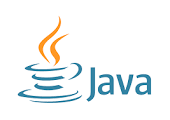
This is a programming language that has revolutionized modern programming. One of the most popular and durable programming languages, Java is characterized by its platform-independent Java Virtual Machine (JVM), which enables "write once, run anywhere" development.
It's the go-to language for large-scale enterprise systems, web applications, mobile apps (Android), and cross-platform desktop programs. Java prioritizes readability and maintainability, making it ideal for extensive development projects.
Its cumbersome syntax is one of its drawbacks, yet with solid mastery and dedication, one may learn effectively and create amazing products. Start learning Java today.
4. C++
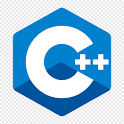
C++, an early programming language that remains relevant today, was developed as an extension of C for system programming and high-performance applications.
It combines procedural, object-oriented, and generic programming paradigms. It is frequently employed in the creation of embedded systems, high-performance software, games, and operating systems.
While C++ presents a steep learning curve and complexity, its power and control over hardware resources make it worth the effort. Start learning C++ today.
5. C# (C Sharp)
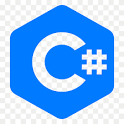
Initially designed for Windows app development, C# has evolved into a versatile language applicable in web and mobile development.
It is frequently employed in the creation of Unity-powered video games, ASP.NET-powered web applications, and Windows desktop apps. It has capabilities like rigorous type checking, trash collection, and support for modern programming patterns.
With Microsoft's extensive development tools and the user-friendly Visual Studio IDE, C# is an excellent choice. Start learning C# today.
6. PHP (Hypertext Preprocessor)
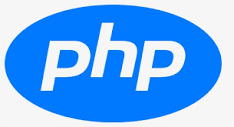
PHP has played a significant role in building today's websites. It allows developers to create web pages that interact with databases, handle forms, and more.
It features a sizable selection of content management systems like WordPress and web frameworks like Lavarel that are utilized to build modern websites. Its strong integration with popular databases like MySQL and PostgreSQL adds to its appeal.
Due to its simplicity and ease of learning, PHP remains an excellent choice for beginners, although lightweight web frameworks like Django are gaining popularity. Start learning PHP today.
7. R

R is tailored for data science and statistics projects. Originally designed for statistical computation and data analysis, it has evolved into a powerful tool offering a wide range of statistical and graphical capabilities.
R's extensive ecosystem includes tools and libraries explicitly crafted for data manipulation, statistical modeling, and graphical display. The popular RStudio integrated development environment (IDE) enhances user experience with features like interactive visualization, code highlighting, and version control.
R is particularly well-suited for data scientists, statisticians, and researchers requiring advanced statistical tools and graphical skills for data analysis and visualization. Start using R today.
8. Kotlin
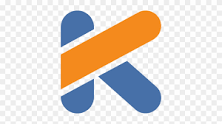
Kotlin is an excellent choice for those interested in Android application development. This expressive language works seamlessly with Java and is designed for modern Java Virtual Machines (JVM).
It is used for many different kinds of application development, including the creation of Android apps, websites (using frameworks like Spring Boot), server-side programs, and more. In order to increase code quality and developer efficiency, it provides features like null safety, extension functions, and clear syntax.
Kotlin is the go-to option for anyone looking to enter the world of Android app development. Start your Kotlin journey today.
9. Swift
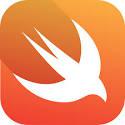
Swift, created by Apple, is the language of choice for developing apps for iOS, macOS, watchOS, and tvOS. It enables the creation of native apps for the Apple ecosystem.
Because of its integration with Apple's Xcode IDE, development is made simple. It is the greatest option for anybody interested in developing for the Apple platform because of its frequent updates and enhancements. Start your journey in Swift today.
10. Go (Golang)

Go, developed by Google, is ideal for creating web apps and scalable systems. It's a statically typed language known for its efficiency and simplicity.
It is utilized in cloud-based applications, micro-services, and web development. It offers incredible features like channels and go-routines that improve support for its consumers.
Go is the perfect language for those interested in cloud computing applications and Google's overall development. Start your Go Journey today.
Now, armed with insights into these widely-used programming languages, you can choose the one that best suits your learning and project needs. Stay updated by subscribing to our newsletter and following us on social media for the latest in the world of programming.
Never miss Technological Updates
Subscribe to our Newsletter
Join our Community
Follow us on social media to stay connected and engage with our vibrant tech community:





